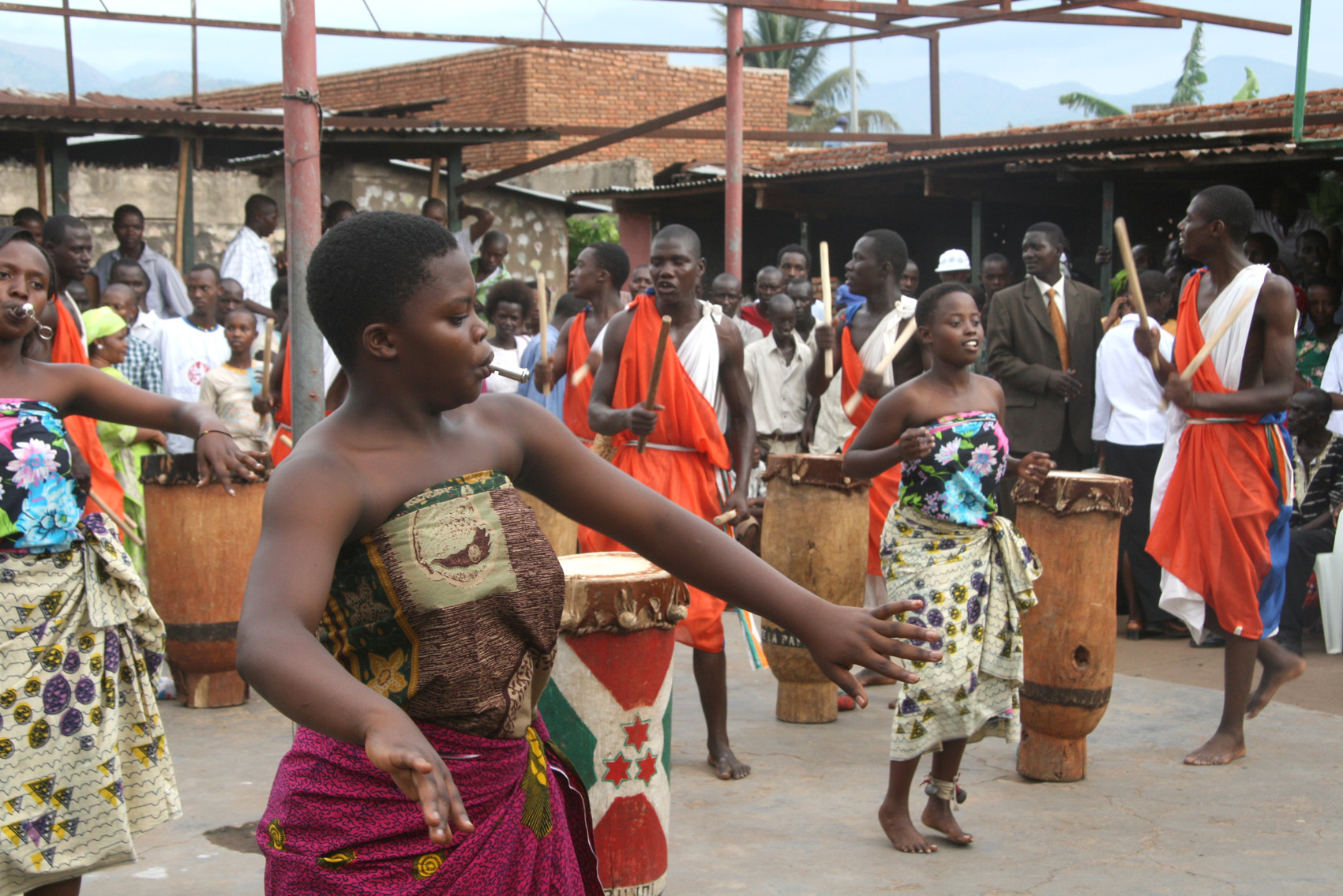Attributing the ruling CNDD-FDD’s landslide victory to ballot-box stuffing, vote-buying with state resources, the illegal use of proxies and a lack of secrecy in some polling stations, 13 opposition parties have announced a boycott of the 28 June presidential race, leaving President Pierre Nkurunziza as the only runner.
Now grouped under the Alliance of Democrats for Change, the parties also want a re-run of the local elections and for the “incompetent” and “complicit” electoral commission to be replaced.
"It's unfortunate how the elections have progressed thus far in Burundi,” Nyambura Githaiga, a researcher at the Institute for Security Studies (ISS) told IRIN.
“With the fraud allegations, boycott by opposition and ban on political rallies, political rifts are deepening with the polarizing of adopted stances,” she said.
"If the stand-off between government and opposition persists and the [presidential] elections are held as planned, the opposition may be left with the choice of either entrenching the boycott or disrupting the polls. In any event, due to Burundi’s history, security is likely to pose a major challenge to both sides."
Since the late 1950s, this history has been dominated by armed conflict driven by power struggles between the Tutsi minority and Hutu majority. The last of the densely populated country’s rebel groups, the National Liberation Forces (FNL), finally threw in the towel and became a political party in 2009.
Risk of unrest
Describing the country's current political situation as a "crisis" and "an impasse", university lecturer and political analyst Simeon Barumwete said Burundi was at risk of "civil disobedience that could result in serious social unrest as the local elections created a lot of frustrations".
"Parties could call all their supporters to rebel against the elected institutions, especially in opposition strongholds such as Bujumbura and Bururi," Barumwete said.
“In any democratic country, elections generate excitement, dynamism and sometimes tension," he said. "If there is any allegation of fraud, harassment or intimidation, those claims should be raised and brought to concerned institutions."
(Official complaints have been lodged at provincial election commissions but some in the opposition said the lack of proper voting tallies had hindered this process.)
With regard to the looming boycott he said: “I must underscore the importance of an inclusive process, and of accepting the democratic will of the people as expressed through that process.”
Ban said “a spirit of compromise” was needed to give Burundians “vital peace dividends” such as “recovery, reconciliation, reform, economic development and an end to impunity”.
“Irregularities”
Local and international election observers gave the 24 May election a largely clean bill of health. The minor problems recorded were neither malicious nor influential on the result, they said.
Accepting that “some irregularities” had occurred, electoral commission spokesman Prosper Ntahorwamiye said these needed to be analyzed to see if they had influenced the outcome of the poll.
"But they [political parties] did not wait for the results of this analysis; they have already settled the issue," he said. "They should know they are just one party to the electoral process."
He added that the presidential election would go ahead, even if Nkurunziza ran alone.
On 3 June, Burundi’s partners in the international community praised the enthusiasm shown during the local elections – turnout was above 90 percent – and invited opposition parties to “reconsider their decision” to boycott.
Also wary of a one-horse race was Ramadhan Kibuga, a journalist and analyst. If Nkurunziza wins unchallenged on 28 June, he said, "the president-elect will be a legal president but with no legitimacy".
Historian Claude Niyomwungere, recalling Burundi’s first post-independence local elections in 1961, which led to power being dangerously concentrated in a single party, suggested history was now repeating itself.
"Today, the situation can evolve into the same dictatorship and give rise to massive violations of human rights, with anyone speaking against the party lines being arrested or killed," he said.
While some in Bujumbura told IRIN they feared a resumption of conflict, FNL spokesman Jean Bosco Havyarimana said on 9 June his movement would not be the one to initiate fresh hostilities.
“FNL will not respond to the ruling party provocation… When the FNL laid down weapons we did not get much but for the sake of peace, we accepted this, preferring to await the elections, just to give the country a chance for peace.”
|
Photo: IRIN  |
On 6 June, Edouard Nduwimana, the Minister for Home Affairs, warned all political parties not participating in the presidential poll that they were unauthorized to hold rallies or public demonstrations.
“All parties campaigning for the boycott of the polls are depriving citizens of their right to vote,” he said.
Despite this warning, the following day, at a joint press conference with other opposition parties, MSD chairman Alexis Sinduhije said that when campaigns opened on 12 June, his party would press home the boycott call.
Related story: Trading accusations over poll results
jb/js/am/mw
This article was produced by IRIN News while it was part of the United Nations Office for the Coordination of Humanitarian Affairs. Please send queries on copyright or liability to the UN. For more information: https://shop.un.org/rights-permissions
